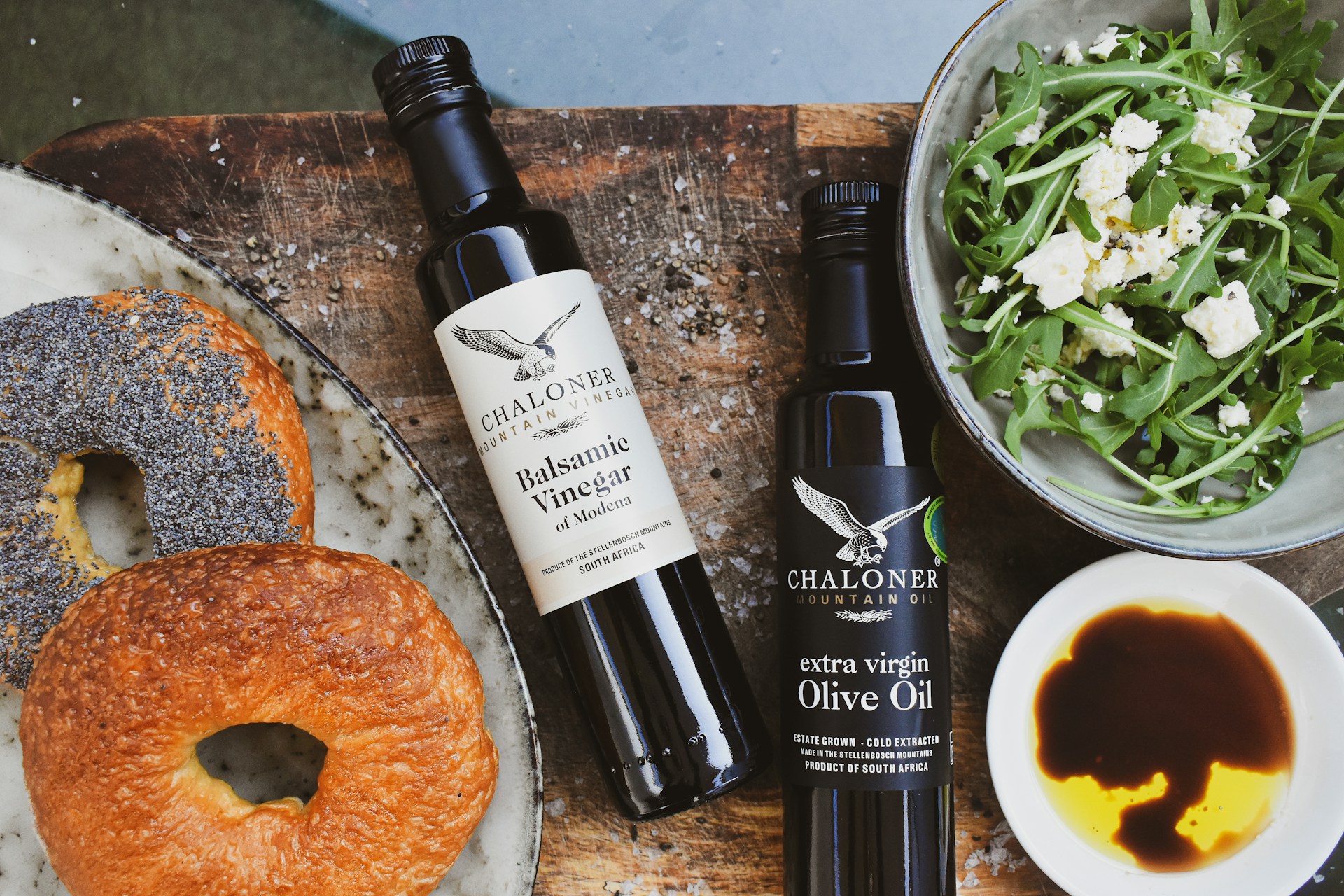
Detecting Fake Olive Oil Brands as an Informed Consumer
We are reader-supported. When you buy through links on our site, we may earn affiliate commission.
Due to the rise of products such as fake olive oil brands, what people see on supermarket shelves is not necessarily authentic. How can consumers become more informed and reduce the chances of buying products that are not what they seem?
Become Familiar With the Issue
Most fake olive oil brands include cheap ingredients such as sunflower and canola oils. However, some manufacturers take the trickery much further, adding artificial flavors and colors to vegetable oil to create something that initially passes for olive oil. Some of these efforts give products a believable texture but erode the health benefits people expect from purchasing these products. They can also alter the taste of familiar recipes, causing individuals to think twice before repurchasing those options.
Maple syrup, seafood, honey, and vanilla are some of the many other foods subjected to numerous types of fakery. Learning about the problem is one of the best ways to stay informed because it makes people more aware and realize that they could become more likely to experience the issue firsthand by keeping themselves in the dark about it.
Know the Signs of Fake Olive Oil Brands
Authorities who look for the perpetrators behind fake olive oil brands say that an extremely low price is often a telltale sign of these misleading products. That advice provides a good reason to steer clear of products that seem like great deals.
Alternatively, find out whether the price for a certain item is always well below average or if it’s just a limited-time offer. Items matching the latter description are less risky because it makes sense that legitimate manufacturers will occasionally offer their goods at lower prices than usual.
Olive oil brands in clear bottles are also potentially fake. Parties from reputable brands know light exposure can adversely affect these products and sell them in dark containers to reduce that risk.
Companies that recently arrived on the market may be fake olive oil brands, too. Trustworthy businesses often use their name value as a competitive advantage, and representatives work hard to uphold that reputation.
Similarly, look for brands that promise ongoing involvement in their supply chains and ensure maximum transparency. Entities exercising that level of oversight will be more likely to recognize food adulteration attempts and find the root causes. Some businesses even specifically mention the fake olive oil problem on their websites and detail the steps taken to prevent it in their operations.
Although these tips apply to fake olive oil brands, they’re also useful for detecting other attempts to mislead consumers during their weekly food-shopping trips. People who buy olive oil or other frequently faked foods should consider tracking their general prices from week to week. Then, if something new hits the shelves at a cost that seems much more reasonable, they should be more likely to see the discrepancy.
Understand That People Use Technology for Good and Bad
The food industry has come a long way over the decades. Consider how easily people can buy vegan cheeses from numerous brands and enjoy their tasty flavors. Cashews are one of the most common ingredients in these products. Creative manufacturers continue to explore other potential ingredients and processing methods. This progress is a strong example of how people can use technology to achieve meaningful improvements.
Unfortunately, some of the bad actors behind fake olive oil brands find technological loopholes to exploit. They may do that by falsifying records or finding high-tech ways for adulterated olive oil to taste more like the real thing.
On a positive note, authorities tasked with spotting fraudulent food have advanced analytical approaches to find it. Those options may become so good at finding the fakes that it is no longer profitable for criminals to continue this scam.
Don’t Fall for Seemingly Easy Tests
Authorities have advanced tests that screen for fake olive oil brands. Wouldn’t it be convenient if consumers could do similar examinations with just their refrigerators? That’s the premise of an option that has gained traction on social media.
The idea is the composition of genuine olive oil is primarily monounsaturated fats. Those should solidify when refrigerated, while seed oils and other products often used to cut this product are polyunsaturated fats, which would not solidify. So, checking the appearance of refrigerated olive oil should be enough to spot fakes, right? Not necessarily.
Experts say olive oil composition can vary drastically depending on its origin and production method. For example, some producers take specific measures to “winterize” the product, making it less prone to coagulation.
Putting olive oil in the fridge to see what happens to it is definitely an easy method. However, its questionable authority means people may get misleading results that adversely affect their decision-making.
Shop Local When Feasible
Rather than picking a bottle of olive oil from a supermarket shelf, consider getting this product from a local small business. Although the community may not have a shop specializing solely in olive oil, there could be a gourmet cooking store or similar outlet. Because those retailers may take more care in their sourcing decisions than an average mass-market store, they may be more trustworthy.
Alternatively, California residents have many local producers of olive oil to consider. Buying their products from local markets may allow consumers to talk to the parties who made the olive oil, providing them with more confidence in the authenticity. Some of these vendors also run e-commerce stores, giving their wares a broader reach and benefiting those interested in purchasing them.
Awareness Reduces Fake Olive Oil Brands’ Impact
Although consumer actions don’t guarantee people will never buy fake olive oil brands, these tips can significantly reduce the chances of that happening. They can also share the information with friends, educating others about this emerging issue.
Fake Olive Oil Brands — FAQs
How Can Consumers Keep Track of Fake Olive Oil Brands?
Many news outlets cover this topic, running internal tests to determine which brands pass least often. Additionally, people on Reddit and similar online destinations warn each other of options they believe are fake, helping consumers know which ones they may want to avoid.
What Are the Health Risks of Fake Olive Oil Brands?
Although the most common risks of fake olive oil brands may relate to consumers’ wallets and wasted money, these products can also contain contaminants, including potential allergens. Because these offerings usually have misleading labels, people cannot trust the ingredient lists when deciding whether to buy them.
How Can People Report Olive Oils They Believe Are Fake?
The most direct route is to contact a state or national consumer protection agency. It may take a while to see action on those reports, but authorities will be more likely to investigate once they notice a complaint trend.
Share on
Like what you read? Join other Environment.co readers!
Get the latest updates on our planet by subscribing to the Environment.co newsletter!
About the author

Steve Russell
Steve is the Managing Editor of Environment.co and regularly contributes articles related to wildlife, biodiversity, and recycling. His passions include wildlife photography and bird watching.





